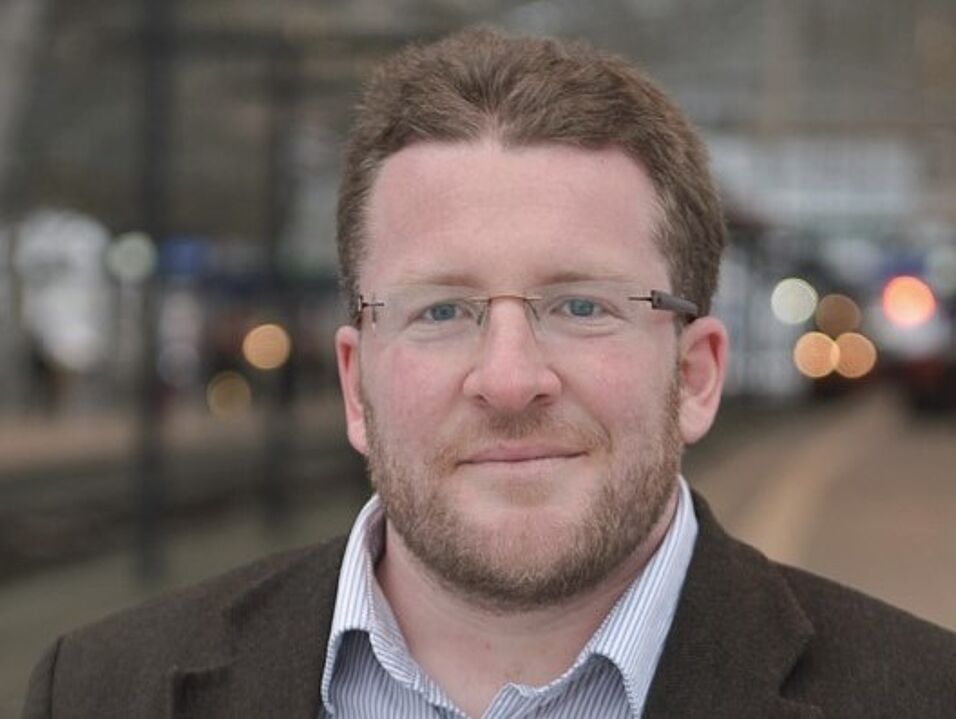What is the study about?
The Values in Crisis Survey is an initiative of the World Value Survey Association. Christian Welzel, who together with Ronald Inglehart has decisively contributed to establishing global value research, initiated this cross-national survey together with colleagues from Germany and the UK during the lockdown in spring 2020.
The study aims to analyse whether fundamental values, which are quite stable over time and act as cultural markers of societies, are significantly changed during the current pandemic. The basic value orientations are surveyed using established measurement instruments (e.g. the Inglehart Index and Schwartz's Portraits Value Questionnaire). In addition, political and social value attitudes as well as wellbeing indicators and personality traits are measured using established scales. A special feature is the intended longitudinal design of the study with three survey waves via online panels in the participating countries. The same respondents are interviewed every year to check the sustainability of potential value changes. The second survey will take place in late spring 2021, when an end to the crisis is expected to be in sight, and a final third survey is planned for 2022, when hopefully the economically profound consequences of the crisis will have been overcome.
Already in March, Christian Welzel launched a global call for participation in the survey. The team of the Social Survey Austria (SSÖ) has jointly financed the participation in the first wave in a cooperation between the sociology departments of the universities of Salzburg (Wolfgang Aschauer and Alexander Seymer), Graz (Markus Hadler and Franz Höllinger) and Linz (Hans Bacher and Dimitri Prandner). The survey was conducted via an established online panel in Austria. Fortunately, we were also able to integrate numerous standard indicators of the Social Survey Austria (SSÖ) into the survey, so that not only values and experiences of crisis are included, but also attitudes towards family and work, politics and the environment and the Austrians' ideas about the future.
What is the most exciting aspect of the study for you? Were there any surprising results?
We are already carrying out initial analyses for Austria and have come across very exciting findings. For example, a comparison of values over the last few years (especially since the global financial and economic crisis in 2008) shows a trend towards conservative values. The Values in Crisis survey confirms this tendency for individual value attitudes (e.g. more tradition-bound), although the data of an online panel is naturally only conditionally comparable with representative surveys of recent years. In principle, however, no fundamental upheavals in the Austrian’s core values can (yet) be seen. We can observe, however, that values such as altruism and universalism are gaining only limited importance among adolescents and young adults. Above all, older adults in Austria live these values of solidarity, while the younger generations think European and support immigration, but seem more entangled in the capitalist logic of performance.
Furthermore, the international data set will enable us in the future to compare the perceptions of crisis in Austria with the situation in other countries. More than 10 countries have already participated in the first wave. We have comparative data available from Germany, Sweden and the UK, but also data from many other world regions such as Brazil and Chile, USA, Russia, Japan and Korea. Most of the surveys were carried out in spring 2020, illustrating the crisis experiences in all countries during the first wave of the pandemic.
Why did you decide to make the data freely available?
Free access to research data is a major concern for all of us in the SSÖ team. I think that in times of a pandemic, when we are confronted with dramatic processes of social change, it is particularly important to collect social science data and to study the economic and social impact of the pandemic, in addition to the health consequences. Especially as social scientists, our aim should be to provide empirical findings for the population and to enable insights into the social conditions. For this reason, we prepared the data from the first wave as quickly as possible and, thanks to the good cooperation with AUSSDA, were able to publish them in a fast-track procedure.
We expect that the international data set of all participating countries can be archived at AUSSDA as well. Currently, we are working intensively on the harmonisation of the national data sets and hope to be able to make the cross-national data of the first wave available to the public by the end of the year.
- Wolfgang Aschauer is Associate Professor of Political Science and Sociology in the Department of Sociology and Cultural Studies at the Paris-Lodron University of Salzburg. His research focuses on social integration research (migration, integration, social cohesion), quantitative methods as well as comparative social research and tourism research.

